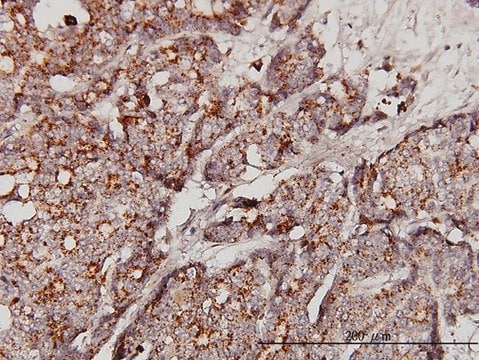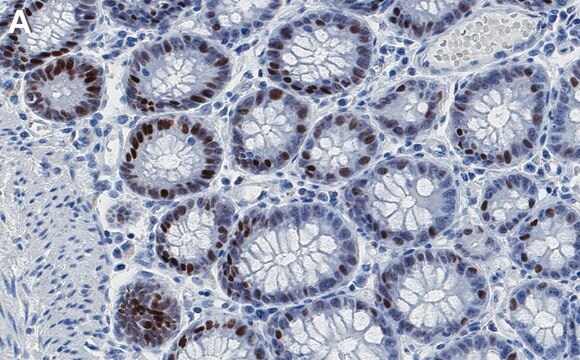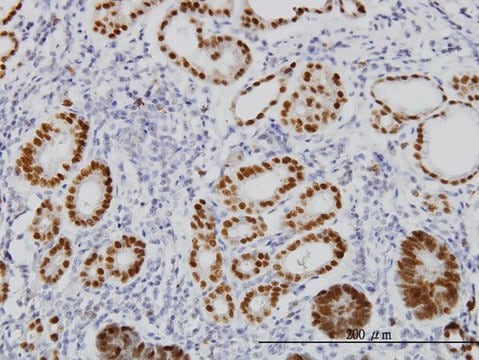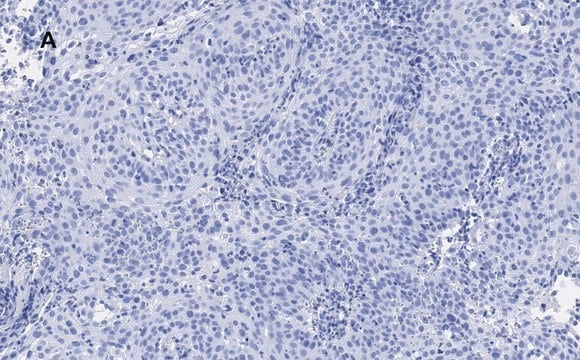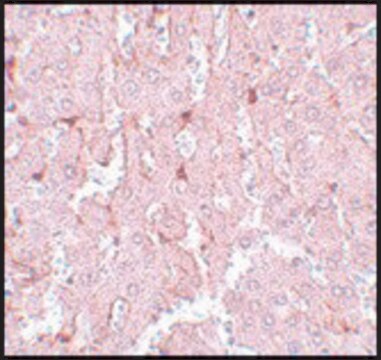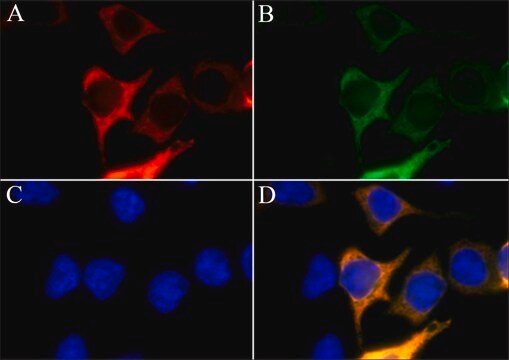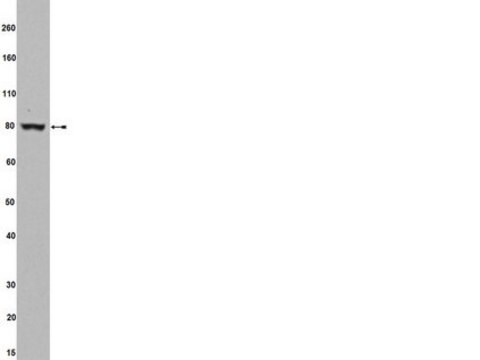WH0003170M1
Monoclonal Anti-FOXA2 antibody produced in mouse
clone 7E6, purified immunoglobulin, buffered aqueous solution
Synonym(s):
Anti-HNF3B, Anti-MGC19807, Anti-TCF3B, Anti-forkhead box A2
About This Item
IF
IP
WB
indirect ELISA: suitable
indirect immunofluorescence: suitable
western blot: 1-5 μg/mL
Recommended Products
biological source
mouse
Quality Level
conjugate
unconjugated
antibody form
purified immunoglobulin
antibody product type
primary antibodies
clone
7E6, monoclonal
form
buffered aqueous solution
species reactivity
human
technique(s)
immunoprecipitation (IP): suitable
indirect ELISA: suitable
indirect immunofluorescence: suitable
western blot: 1-5 μg/mL
isotype
IgG2aκ
GenBank accession no.
UniProt accession no.
shipped in
dry ice
storage temp.
−20°C
target post-translational modification
unmodified
Gene Information
human ... FOXA2(3170)
Related Categories
General description
Immunogen
Sequence
HLKPEHHYAFNHPFSINNLMSSEQQHHHSHHHHQPHKMDLKAYEQVMHYPGYGSPMPGSLAMGPVTNKTGLDASPLAADTSYYQGVYSRPIMNSS
Biochem/physiol Actions
Physical form
Legal Information
Disclaimer
Not finding the right product?
Try our Product Selector Tool.
Storage Class Code
10 - Combustible liquids
Flash Point(F)
Not applicable
Flash Point(C)
Not applicable
Personal Protective Equipment
Regulatory Listings
Regulatory Listings are mainly provided for chemical products. Only limited information can be provided here for non-chemical products. No entry means none of the components are listed. It is the user’s obligation to ensure the safe and legal use of the product.
JAN Code
WH0003170M1-100UG:
Choose from one of the most recent versions:
Certificates of Analysis (COA)
Don't see the Right Version?
If you require a particular version, you can look up a specific certificate by the Lot or Batch number.
Already Own This Product?
Find documentation for the products that you have recently purchased in the Document Library.
Our team of scientists has experience in all areas of research including Life Science, Material Science, Chemical Synthesis, Chromatography, Analytical and many others.
Contact Technical Service